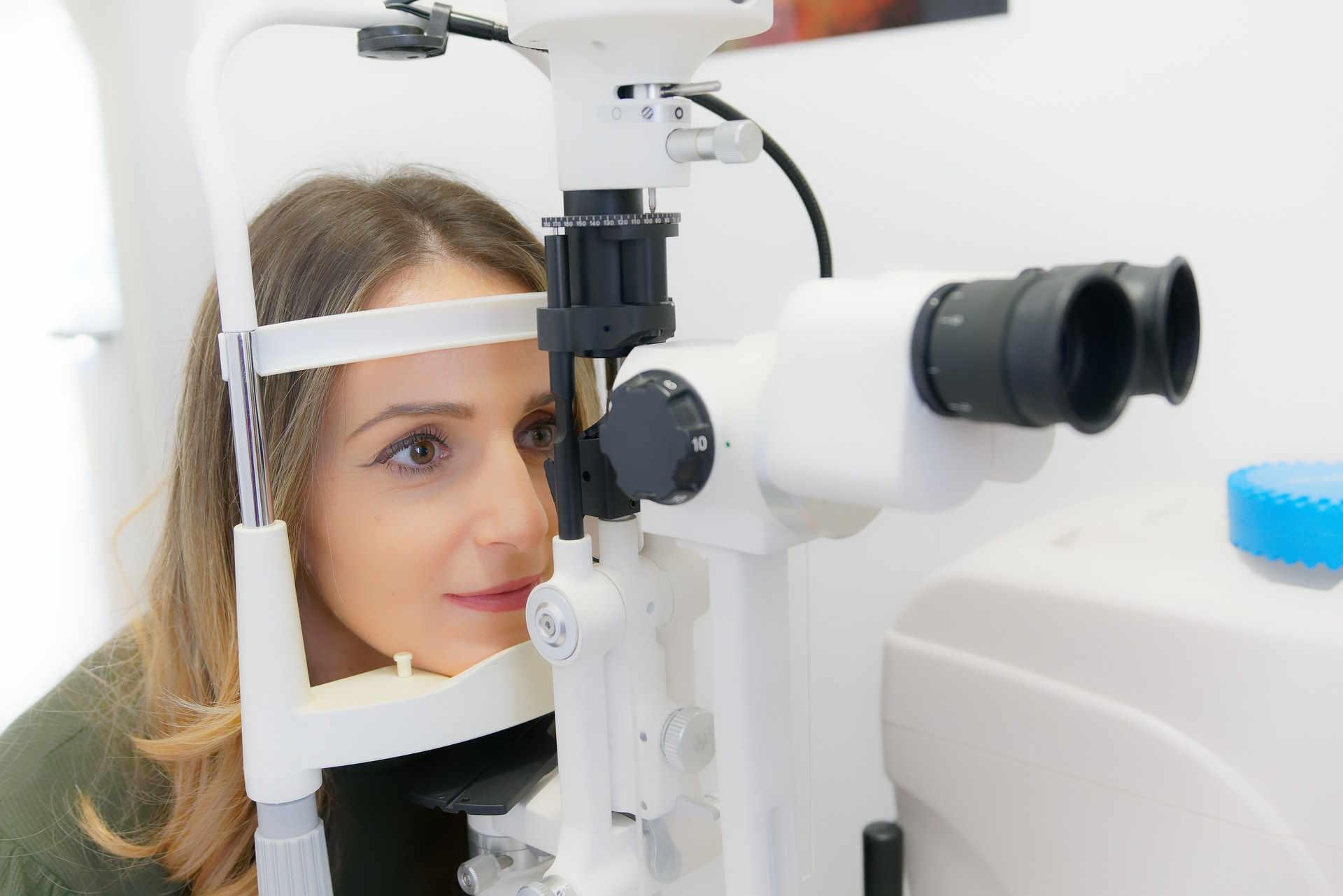Discover the Freedom of Clearer Vision with LASIK
LASIK eye surgery is one of the most advanced and popular options for people who want to reduce their dependence on glasses or contact lenses.This article explores how LASIK works, what benefits it offers, and what to consider before deciding if it’s right for you.It provides a clear, trustworthy overview —avoiding exaggerated claims — to help readers make an informed choice about vision correction.

Blurred vision is a common problem that affects millions of people worldwide. Whether caused by nearsightedness, farsightedness, or astigmatism, unclear vision can significantly impact quality of life. While traditional methods like glasses and contact lenses provide temporary solutions, laser vision correction offers a more permanent approach to achieving clear sight. LASIK has helped countless individuals regain visual clarity and reduce their dependence on corrective eyewear.
What Is Laser Vision Correction?
Laser vision correction refers to surgical procedures that reshape the cornea to improve how light enters the eye and focuses on the retina. LASIK, which stands for Laser-Assisted In Situ Keratomileusis, is one of the most widely performed types of refractive surgery. During the procedure, an eye surgeon creates a thin flap in the cornea, uses a laser to reshape the underlying tissue, and then repositions the flap. This process corrects refractive errors and often eliminates or reduces the need for glasses or contact lenses. The procedure typically takes about 15 minutes per eye and is performed on an outpatient basis.
Who Can Benefit from Vision Correction Surgery?
Not everyone is a suitable candidate for LASIK surgery. Ideal candidates are generally over 18 years old with stable vision prescriptions for at least one year. The procedure works best for individuals with mild to moderate nearsightedness, farsightedness, or astigmatism. Those with certain eye conditions, such as severe dry eyes, thin corneas, or progressive eye diseases, may not qualify for the surgery. A comprehensive eye examination and consultation with an experienced ophthalmologist are essential to determine eligibility. Pregnant or nursing women are typically advised to wait before undergoing the procedure due to hormonal changes that can affect vision.
Understanding the LASIK Procedure
The LASIK process begins with a thorough pre-operative assessment to map the cornea and measure the eye’s refractive error. On the day of surgery, numbing eye drops are applied to ensure comfort throughout the procedure. The surgeon uses a precise instrument or laser to create a corneal flap, which is then lifted to expose the underlying tissue. An excimer laser reshapes the cornea based on the patient’s specific prescription, and the flap is carefully repositioned. Most patients experience minimal discomfort during the procedure and notice improved vision within 24 to 48 hours. Follow-up appointments are scheduled to monitor healing and ensure optimal results.
Recovery and What to Expect After Surgery
Recovery from LASIK is typically quick, with many patients returning to normal activities within a few days. Immediately after the procedure, some people experience mild discomfort, dryness, or sensitivity to light, which usually subsides within the first week. Eye drops are prescribed to prevent infection and promote healing. Patients are advised to avoid rubbing their eyes, swimming, and strenuous activities for a specified period. Vision may fluctuate during the initial healing phase, but most people achieve stable, clear vision within three to six months. Regular follow-up visits allow the surgeon to track progress and address any concerns.
Cost Considerations for LASIK in Singapore
The cost of LASIK surgery in Singapore varies depending on several factors, including the clinic, surgeon’s experience, technology used, and the complexity of the individual case. On average, LASIK procedures can range from SGD 3,000 to SGD 6,000 per eye. Some clinics offer package deals that include pre-operative assessments, the surgery itself, and post-operative care. Advanced techniques or custom treatments may come at a higher price point. It is important to inquire about what is included in the quoted price and whether follow-up visits are covered.
| Clinic/Provider | Procedure Type | Estimated Cost per Eye |
|---|---|---|
| Singapore National Eye Centre | Standard LASIK | SGD 3,500 - SGD 4,500 |
| Private Eye Clinics | Bladeless LASIK | SGD 4,000 - SGD 5,500 |
| Specialized Vision Centers | Custom Wavefront LASIK | SGD 5,000 - SGD 6,000 |
Prices, rates, or cost estimates mentioned in this article are based on the latest available information but may change over time. Independent research is advised before making financial decisions.
Long-Term Benefits and Considerations
Many people who undergo LASIK enjoy years of clear vision without the need for glasses or contact lenses. Studies have shown high satisfaction rates among patients, with the majority achieving 20/20 vision or better. However, it is important to have realistic expectations. Some individuals may still require reading glasses as they age due to presbyopia, a natural age-related condition. In rare cases, enhancement procedures may be needed if vision changes over time. Choosing a qualified and experienced surgeon, understanding the risks and benefits, and following post-operative care instructions are key to achieving successful outcomes.
Laser vision correction has transformed the lives of many individuals by providing a reliable solution to blurred vision. While LASIK is not suitable for everyone, those who qualify often experience significant improvements in their daily lives and overall visual comfort. Consulting with a trusted eye care professional and conducting thorough research can help you determine whether this procedure is the right choice for your vision needs.
This article is for informational purposes only and should not be considered medical advice. Please consult a qualified healthcare professional for personalized guidance and treatment.




